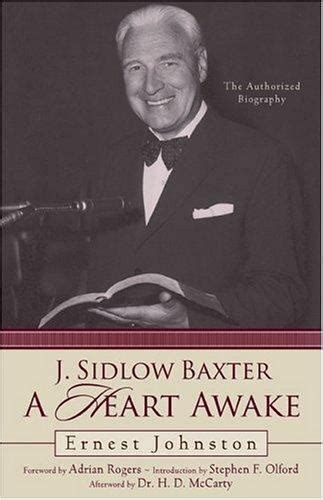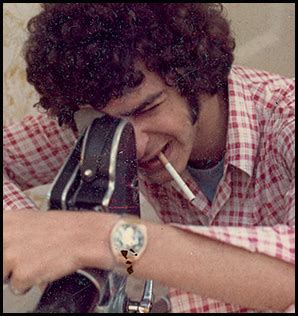A Quote by Michel de Montaigne
Of all our infirmities, the most savage is to despise our being.
Related Quotes
We are masters of our actions from the beginning up to the very end. But, in the case of our habits, we are only masters of their commencement - each particular little increase being as imperceptible as in the case of bodily infirmities. But yet our habits are voluntary, in that it was once in our power to adopt or not to adopt such or such a course of conduct.
Most people would say they live with an internal angst that they can't always put their finger on. This is because the Internet has changed our very way of being in this world, compelling us to be perpetually "on" - from our cars to our computers, our tablets to our smartphones, our desks to our living rooms or dining tables, our churches to our libraries to our schools.
Our soul, our true self, is the most mysterious, essential, and magical dimension of our being. In fact, it is not a separate reality, as traditional Western thought views it, but the cohesive force that unites our body, heart, and mind. It is not a ghost trapped somehow in the physical machinery of our body but the very essence of our being.
True humility is a Christian grace and one of the fruits of the Spirit, originating in a deep consciousness of sin past and present, and leading us to discover our nothingness in the view of God, our insufficiency for any thing that is good, and prompting us, as we feel our infirmities, to strive after higher and yet higher attainments.
Our experience of reality is the result of the magical alchemy of the creation of our thoughts, our beliefs, our decisions, our attitudes, our feelings. All of these are, for the most part, unconscious. Mindfulness allows us to watch these thoughts and choices and decisions without being triggered and having to take action and give meaning.









































